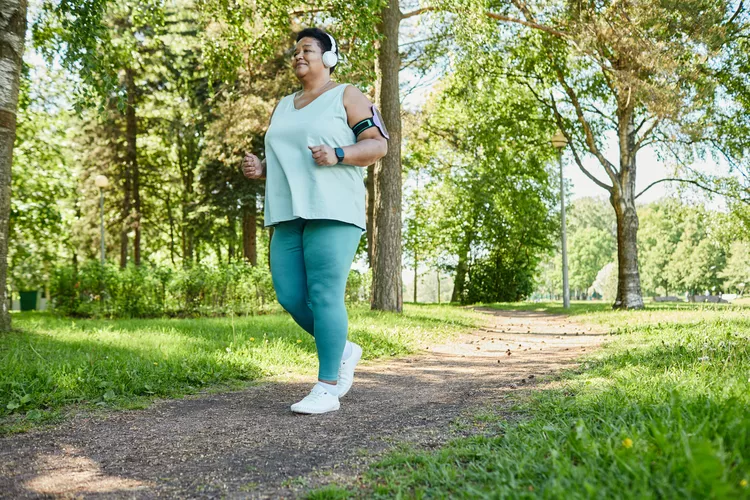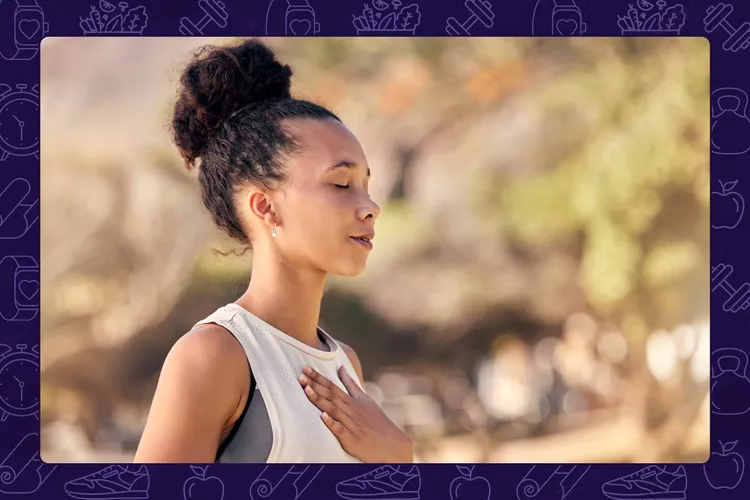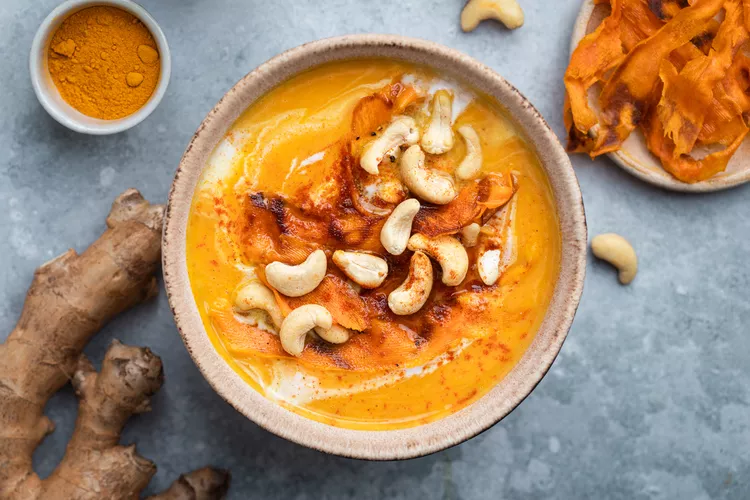13 NATURAL REMEDIES FOR ANXIETY: ALTERNATIVE WAYS TO FIND RELIEF
While therapy and medication are standard treatments for anxiety, many individuals explore natural remedies to complement their care. These remedies include everything from herbal supplements to mindfulness practices. In this guide, we explore 13 natural remedies that may help reduce anxiety symptoms such as restlessness, worry, and physical tension.
1. Exercise
Regular physical activity has been shown to ease symptoms of anxiety. Even a single session of moderate-intensity exercise can provide short-term relief. Over time, a consistent routine may help decrease long-term anxiety. Mindful exercises like yoga also show anti-anxiety benefits.
2. Chamomile
Chamomile tea and supplements may help reduce symptoms of generalized anxiety disorder (GAD). Studies have shown that taking chamomile extract regularly can ease moderate-to-severe anxiety. It's generally safe in tea or short-term supplement form but may cause allergic reactions or interact with medications like blood thinners.
3. Acupuncture
Acupuncture, a traditional Chinese practice, involves inserting fine needles into specific points on the body. Some studies show that it may help reduce anxiety—particularly in those with GAD. It appears safe when performed by a trained practitioner using sterile needles.
4. Lavender
Lavender has calming properties. Consuming it in tea, taking supplements, or inhaling lavender essential oil may ease anxiety symptoms. While helpful before stressful events (e.g., surgery), it may cause drowsiness or interact with sedative medications.
5. Aromatherapy
Inhaling essential oils like lavender or citrus oils through aromatherapy may promote relaxation and reduce anxiety. Citrus-based oils, in particular, have shown effectiveness in studies.
6. Omega-3 Fatty Acids
Omega-3s, found in fish and supplements, are vital for brain health. They may also help reduce anxiety, especially for individuals with existing mental health conditions. Although results are mixed, many studies support their use as part of a balanced approach.
7. Vitamin B
Deficiencies in vitamins B6 and B12 have been linked to anxiety. Supplementing with these vitamins may help reduce symptoms, particularly in individuals with known deficiencies. Vitamin B6 has also shown potential to ease premenstrual-related anxiety. Always consult a doctor before starting supplements.
8. Meditation
Meditation encourages deep relaxation and mindfulness, helping to calm the mind and reduce anxiety. It is often used alongside conventional treatment for anxiety disorders. Even short sessions may bring relief, and there is virtually no risk to trying it.
9. Journaling
Writing down thoughts, especially through positive affect journaling (writing about gratitude or happy moments), may lower anxiety levels. This simple practice can help process emotions and promote clarity.
10. Melatonin
Melatonin is a hormone that supports healthy sleep. It may reduce anxiety in individuals facing medical procedures. While more research is needed for general use, it may help if sleep-related anxiety is present.
11. L-theanine
L-theanine is an amino acid found in green tea. When taken as a supplement (200–400mg daily), it may lower stress and anxiety in high-pressure situations. Its effectiveness through tea consumption is still unclear.
12. Magnesium
Magnesium is essential for brain and nervous system health. Found in leafy greens, grains, and dairy, magnesium supplements may reduce mild anxiety and symptoms linked to PMS. Magnesium glycinate is one form often used for calming effects.
13. Lemon Balm
Lemon balm, an herb in the mint family, has been used traditionally for relaxation. Some studies suggest that lemon balm-infused drinks may help reduce anxiety, particularly in patients recovering from surgery or trauma.
When to Seek Professional Help
While natural remedies can be helpful, you should speak to a healthcare provider if anxiety interferes with your daily life. A professional can help rule out underlying medical conditions, recommend appropriate treatments, and guide safe use of supplements.
Be cautious: many supplements can interact with medications, and not all are regulated by the FDA.
Quick Summary
Natural remedies like chamomile, lavender, omega-3s, meditation, and L-theanine may ease anxiety symptoms for some people. However, these methods work best when used alongside guidance from a healthcare professional. Understanding your symptoms and options is the first step toward building a comprehensive and effective anxiety management plan.

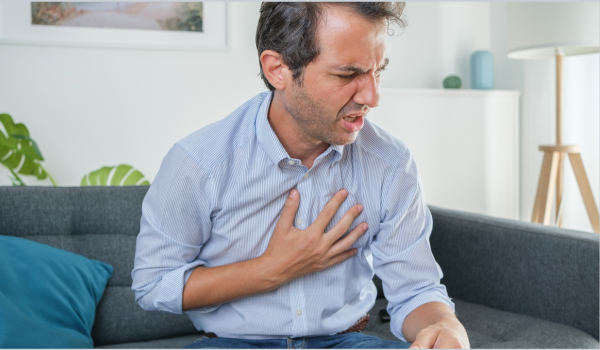
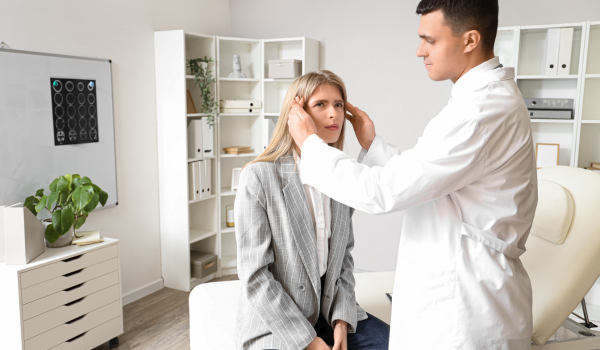
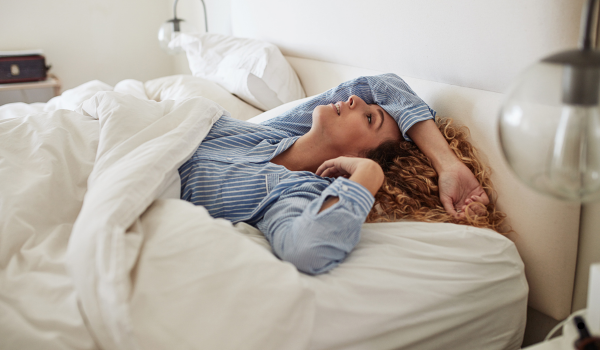

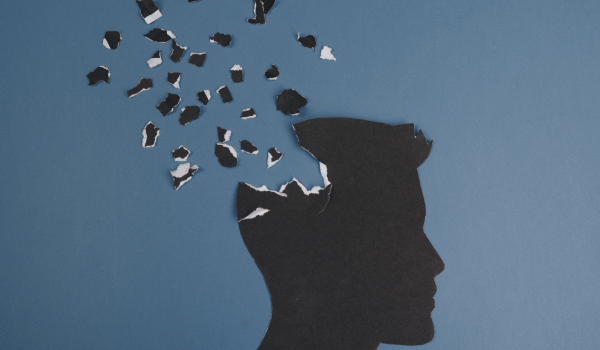
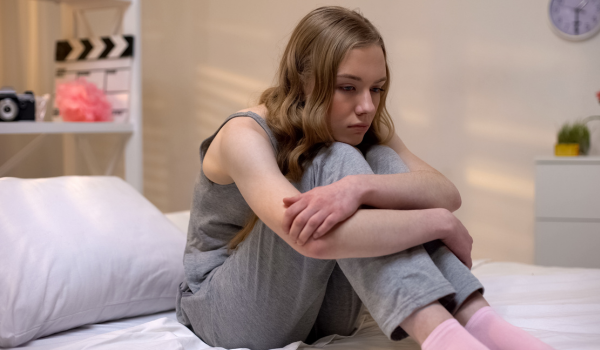


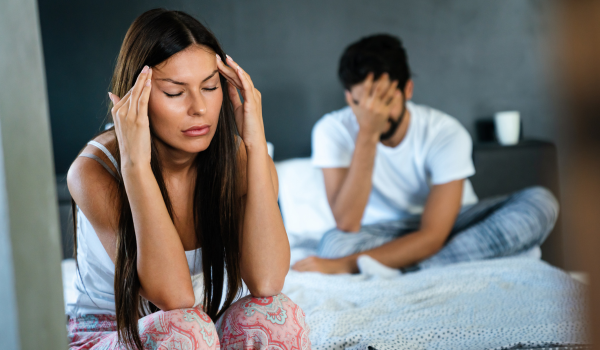
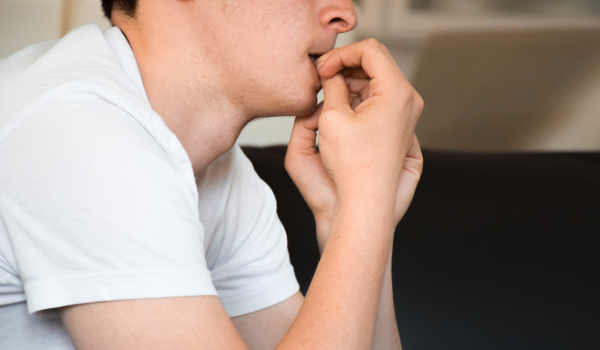
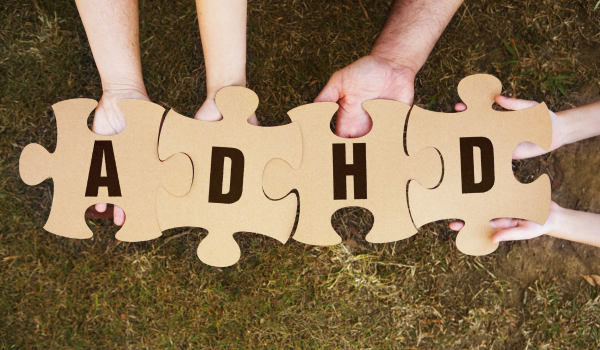



.png)
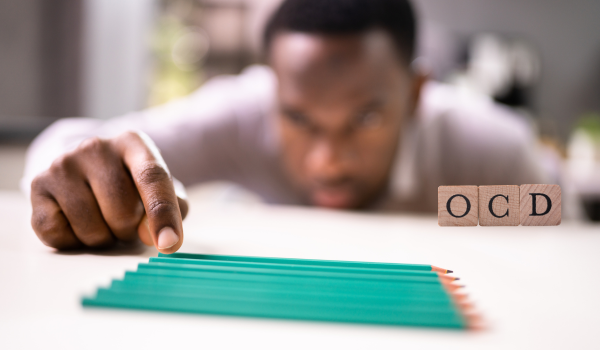
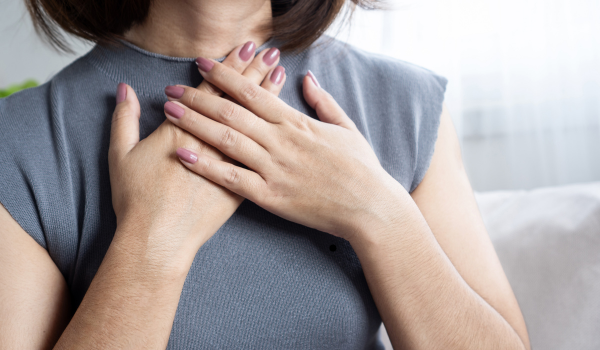

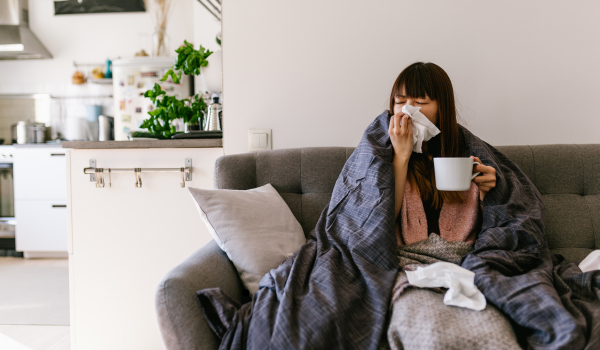
.png)



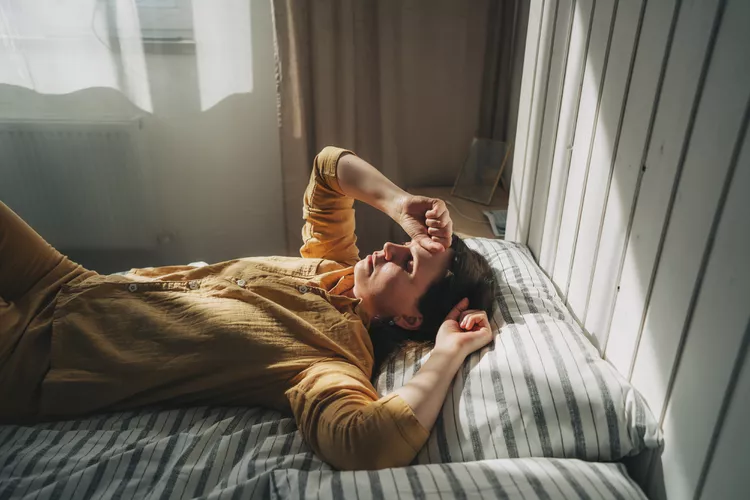
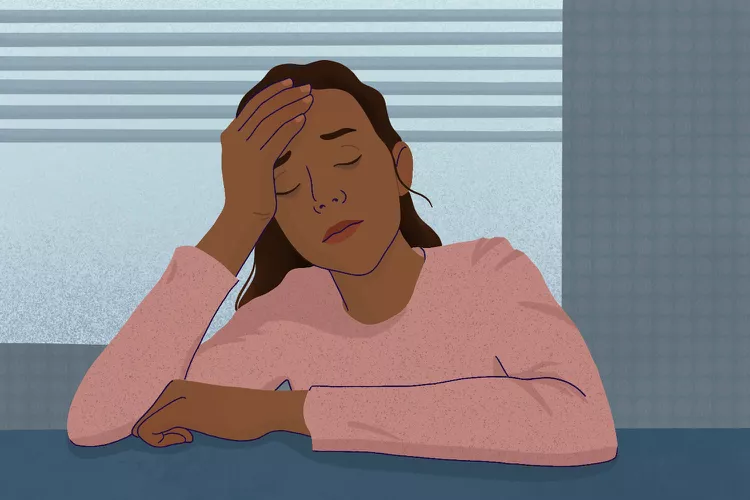
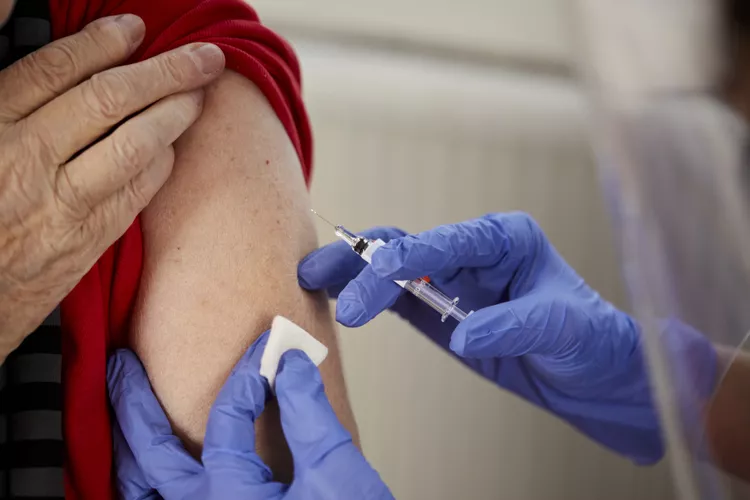
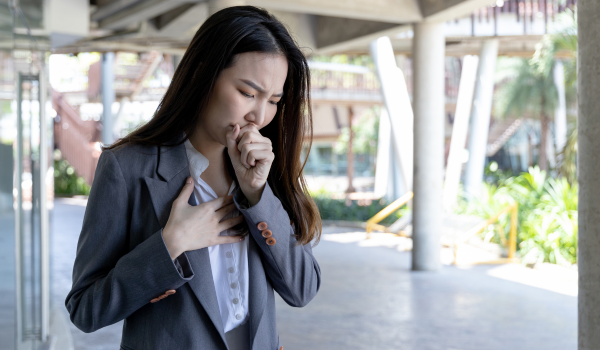
.webp)
.webp)

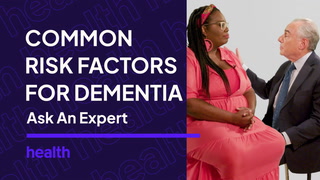
.png)
